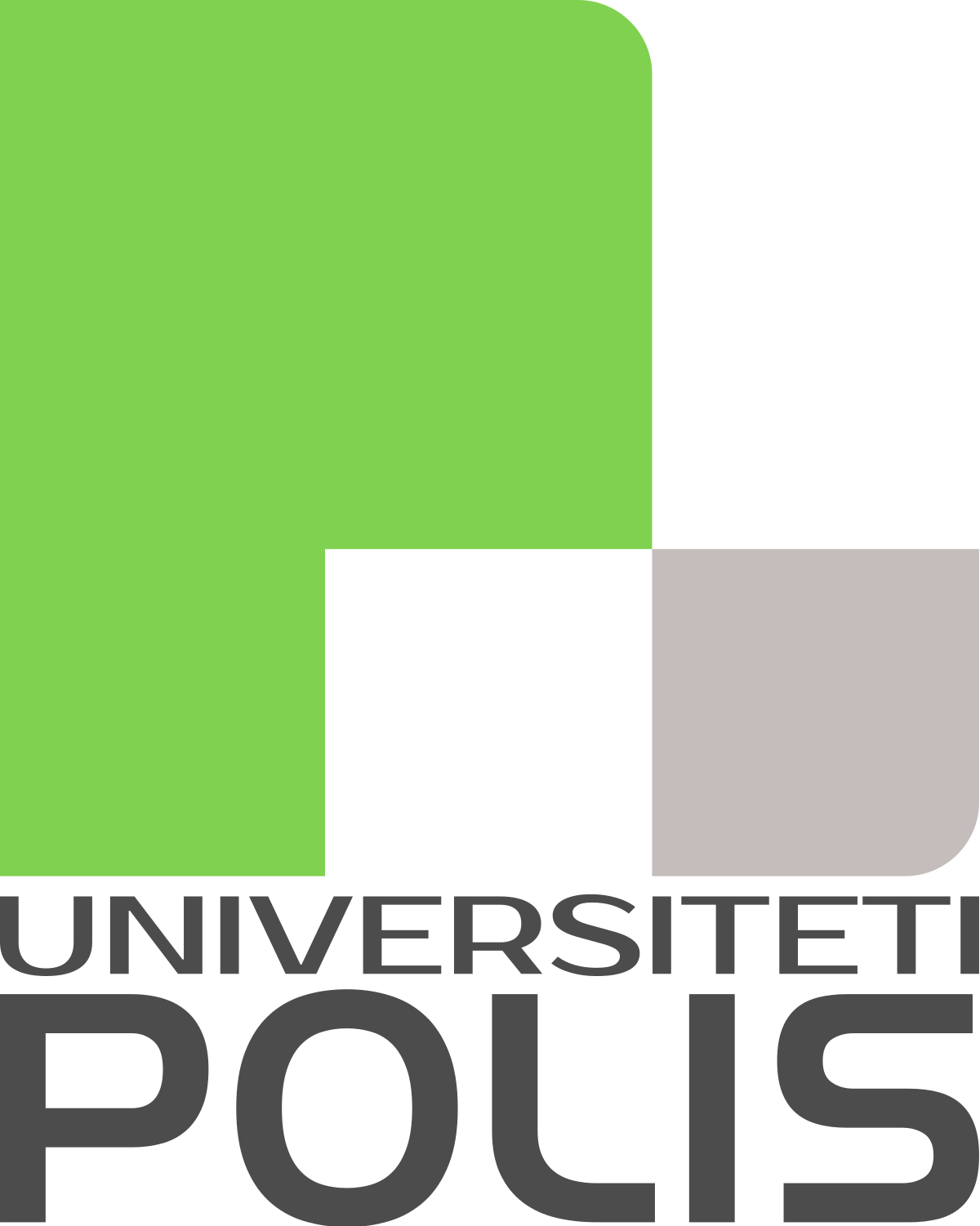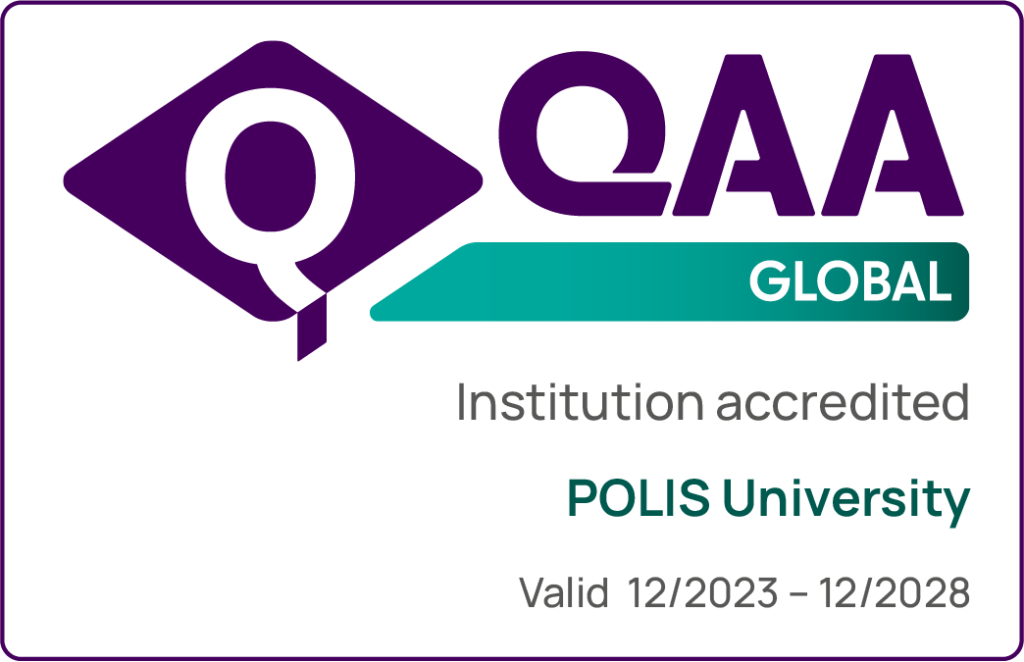Internal Quality Assurance Strategy
2025-09-18 11:36Internal Quality Assurance Strategy
The Internal Quality Assurance Strategy for the period 2023–2027 has been drafted based on the main international qualification frameworks, such as the European Standards and Guidelines for Quality Assurance (ESG 2015), the international standards of POLIS’s professional partners for the programs it offers, the national legal acts on Higher Education and the Quality Code in Albania, as well as the previous Quality Assurance Strategy at POLIS 2017–2022.
Furthermore, the development of the international dimension of POLIS University, particularly over the past 5–6 years, through the offering of joint study programs with international partners, involvement in international accreditation processes (both at the program and institutional level), and the implementation of several international projects aimed at building capacities for quality assurance, has been a highly valuable opportunity for POLIS to gain a better understanding of quality assurance processes, mechanisms, and instruments. All these elements have served as a basis for the university to define new priorities and adopt more suitable and adequate policies for its internal quality assurance system.
In line with the institutional objective set out in the Internationalization Strategy to become a relevant actor in the region, POLIS University’s quality policy has also been developed according to international standards. Consequently, the relevant processes and procedures are likewise based on specific international guidelines for the quality assurance of joint programs and international education.
The Internal Quality Assurance Strategy for the period 2023–2027 has been drafted in accordance with the quality assurance provisions in the Statute of POLIS University (Articles 66–69) and the General Regulations (Articles 90–93).
The fundamental principles of the Quality Assurance Policy at POLIS University are:
-
-
- Accountability and Responsibility: The POLIS University community staff are collectively responsible for maintaining and enhancing the quality offered across all academic programs, improving the quality of the student learning experience, conducting scientific research, as well as for all other academic activities carried out at the university.
- Transparency: The findings and results of quality assurance processes are communicated to all stakeholders and are used to further strengthen a culture of transparency and accountability toward third parties and the general public.
- Integrated and Systematic Approach: Quality assurance at POLIS adopts an integrated approach with appropriate processes aimed at encompassing teaching through forms of research-based learning. Institutional quality and programs are evaluated based on multiple sources of data collected in various ways, enabling continuous analysis and integrated development across all academic activities.
- Inclusiveness: Quality assurance cannot be achieved unless all internal stakeholders are properly informed, aware, and take responsibility, and are engaged in quality assurance at all levels of the institution, including specific units (IQAU), departments, leadership at all levels, internal staff, and students. The involvement of external stakeholders in quality assurance is also essential to improve study programs, align them with labor market needs, and build partnerships that facilitate student placement and career development.
- Internal versus External Quality Assurance: The internal quality assurance system must be analyzed and, when necessary, revised to meet the requirements of external quality assurance. Harmonizing both levels not only strengthens the effectiveness of the internal system but also facilitates institutional recognition by the relevant authorities and promotes collaboration with other higher education institutions.
- Continuous Improvement: POLIS continuously and cyclically conducts internal quality assurance processes. Through these processes, the current situation is analyzed, weaknesses are identified, and appropriate measures are proposed, involving stakeholders from all levels, including students.
- Quality Assurance Policy in Relation to Academic Freedom and Integrity: The institutional quality assurance policy must not restrict or hinder academic integrity, freedom of thought, diversity, innovation, or scientific creativity. On the contrary, it should ensure an open and inclusive environment that supports free and independent academic development. At the same time, the policy must be clear and effective in preventing and sanctioning any form of academic misconduct, as well as in protecting staff, students, and other stakeholders from any form of intolerance or discrimination.
-



